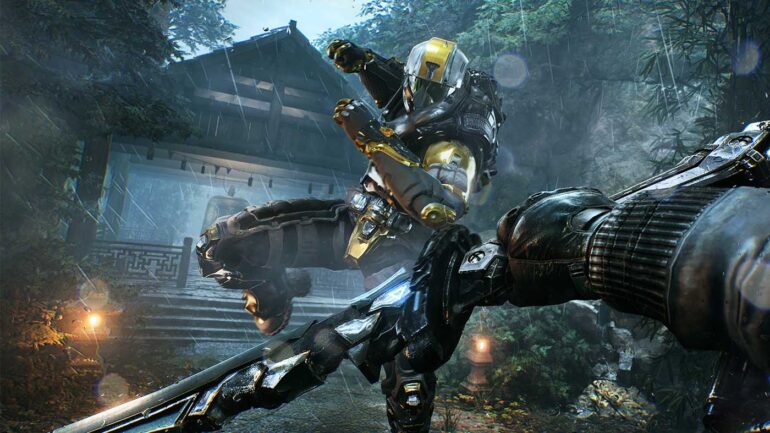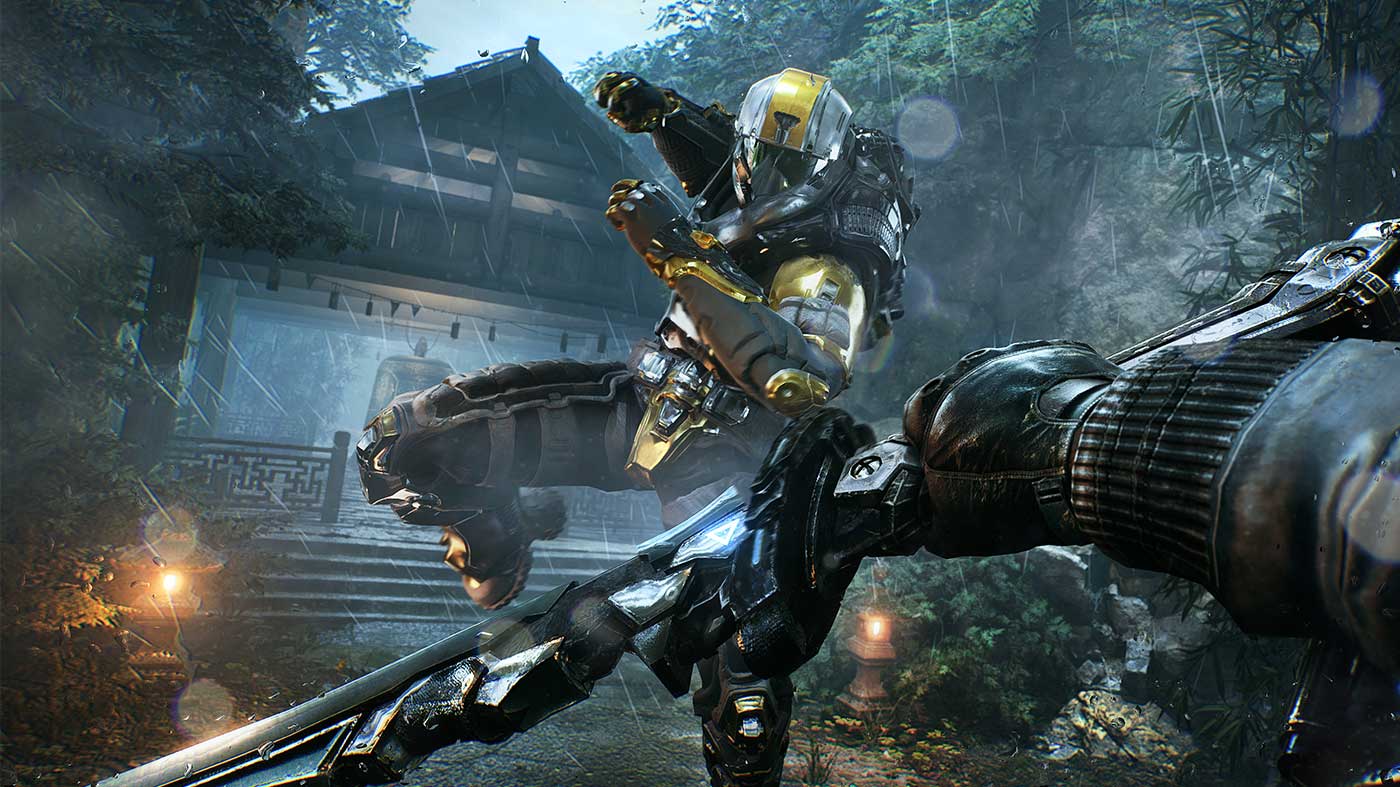When I reviewed Bright Memory, the one-hour long prelude to Bright Memory Infinite that helped make up the Xbox Series X launch line-up, I said it wrote a lot of cheques that I hoped this bigger, bolder follow-up could cash. It was confusing and fascinating in equal measure, but I couldn’t wait to see how several pronged combat would evolve for the full game.
Sadly, not only does it fail to reach the potential and promise of its stunning trailers, having neutered many aspects of the combat, it feels like a watered-down version of its own prelude and, as a result, doesn’t even hold a candle to it.
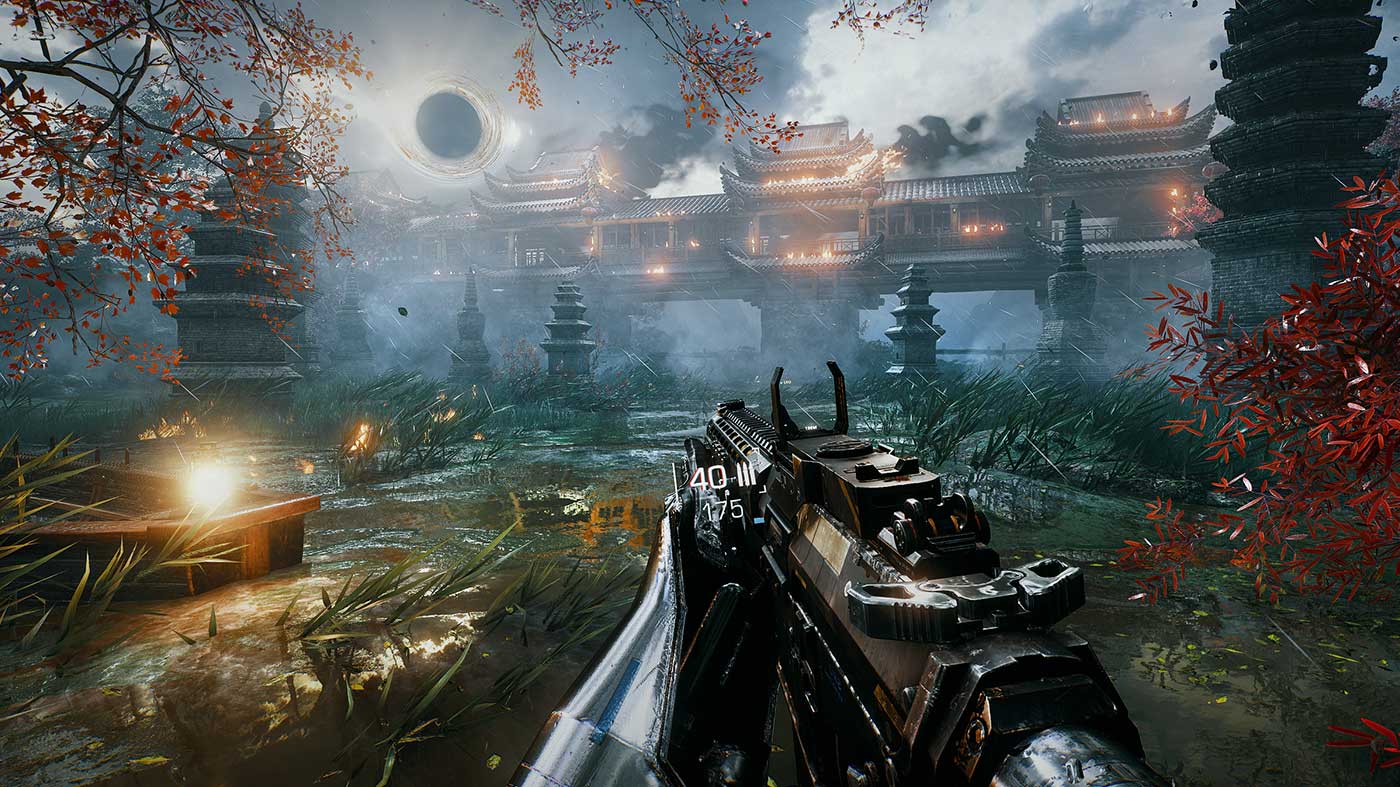
Though it’s by and large still a confusing romp through futuristic China, Infinite seems to be pretty disconnected from the prelude. There’s little to no connective tissue, which felt like an odd choice just a year separating the releases. Taking place over Chinese New Year in the near future, Infinite still follows Shelia, a special operative, as she’s assigned to investigate a severe weather anomaly at an experimental airbase on the city’s outskirts. To get there—an odyssey of maybe twenty clicks—she boards her insanely expensive government jet, complete with a warp drive, before crashing it spectacularly after a six-second flight. Something tells me a fifty-dollar Uber might have been more cost-effective, but it’s this kind of nonsensical, spectacular drivel that permeates a lot of Infinite’s surprisingly modest two-hour runtime.
While the prelude gave cause for return visits to its sub-hour-long trek, Infinite feels less appealing the second time around. Okay, it’s marginally longer and looks a lot prettier, but it should have taken all of the novel ideas the prelude put forward and expanded on them. Instead, Infinite walks back several of these gameplay elements and, in some cases, rids of them entirely.
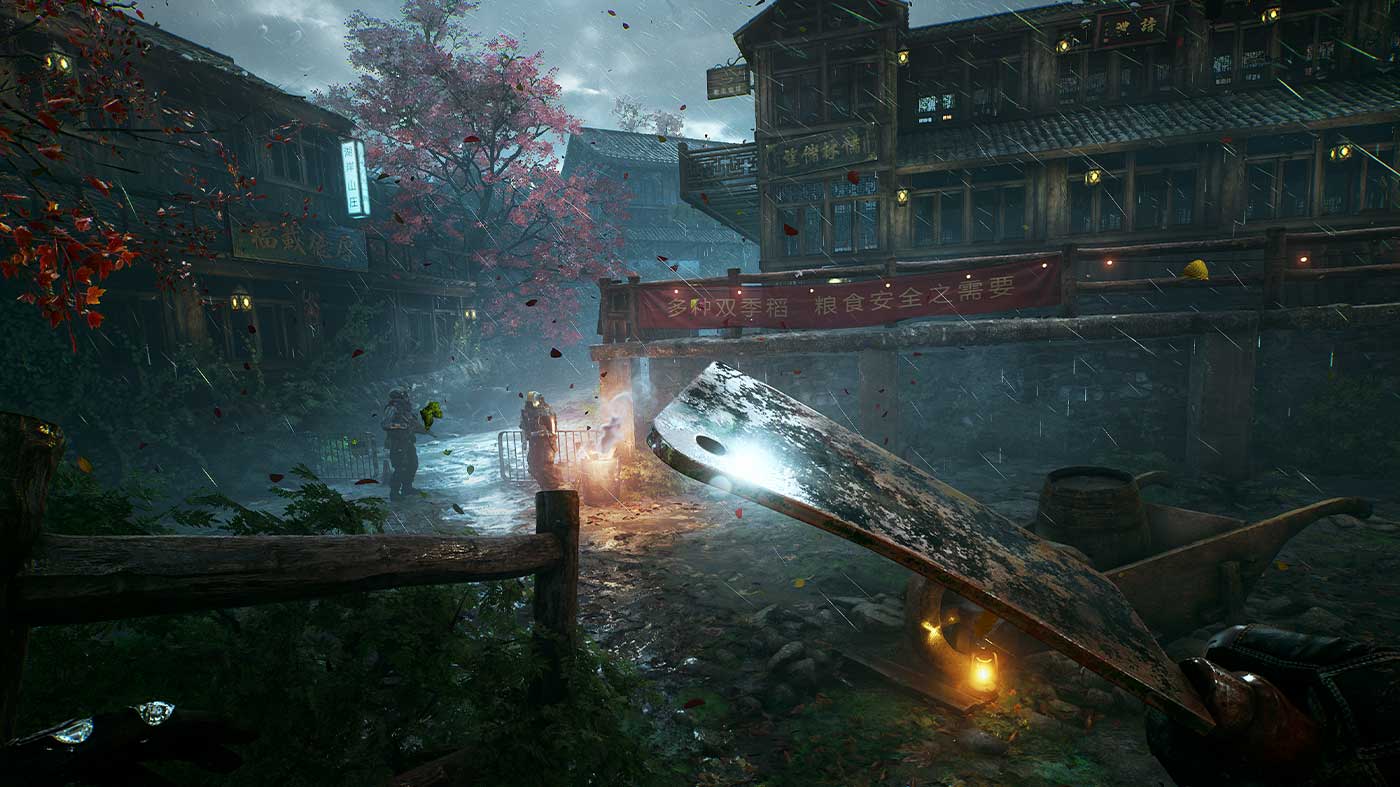
There are seven chapters altogether, while only five of those feature gameplay. Some might say it’s more like four, with one chapter being used on a stealth aside that misses the assignment entirely. Granted, I asked for this but given Infinite discards Shelia’s defensive abilities like active camouflage, it ends up grinding the game’s rhythm to a halt.
It’s fair to say the combat in Infinite is still the game’s crowning achievement. The two-pronged attack, a deadly combination of guns and blades, is a pretty constant source of excitement and flair that made the brief adventure at least a memorable one. It’s regrettable that the style-ranking aspect of combat didn’t return, as I felt it encouraged experimentation, though I expect it was trimmed to help cement the game’s more serious tone.
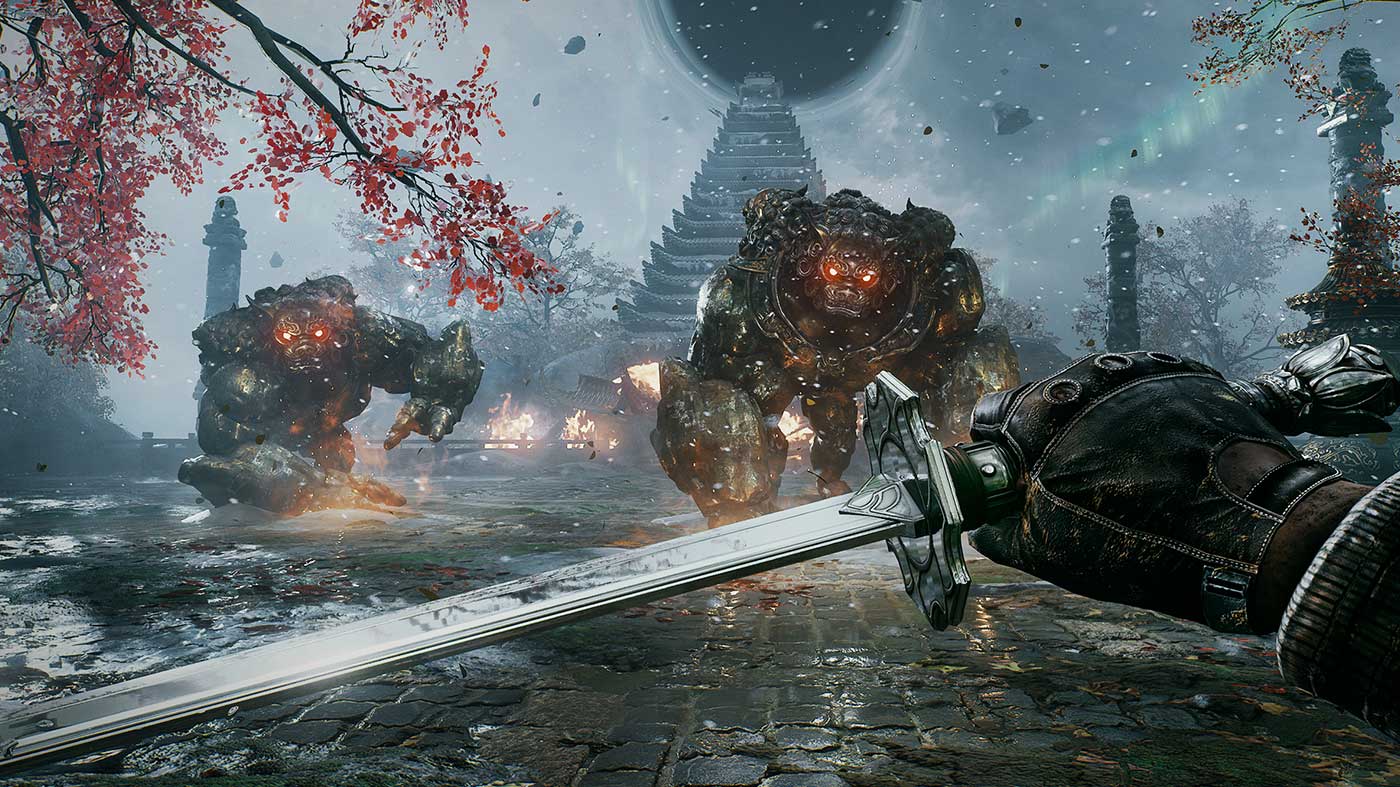
I did find it odd that certain things that actually helped build out the game beyond its layered, frenetic combat were missing altogether. The grapple hook, which in the prelude behaved like a realistic rope-swing, is now a simple means of gapping two fixed points, while puzzle solving is gone entirely.
Bright Memory’s had a strong art direction despite a few lapses in its fidelity, and the same can be said for Infinite, though I feel some of the mysticism has been lost along the way. The prelude felt more fantastical with its floating islands and sky serpents, and that’s not to say Infinite doesn’t lean into mythology heavily with its six-armed gods but it does feel a tad subdued. The character models, though improved, are still very much a weakness in terms of the game’s visual identity. After taking in the near photorealistic Chinese landscape, to have Shelia looking like a Dead or Alive extra is a real shame, plus a few of her unlockable outfits feel as though they cater to the male gaze a little too aggressively.
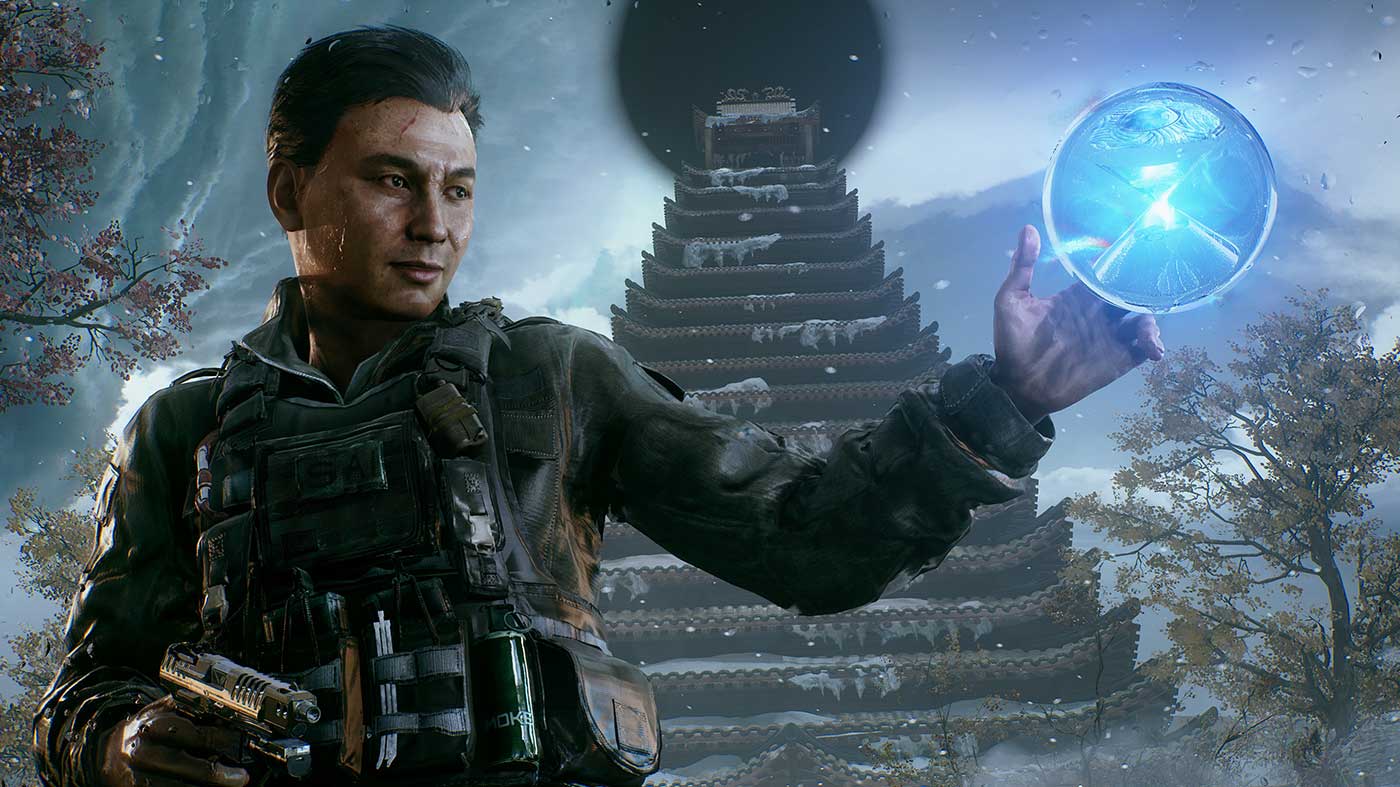
The map design in Infinite is another of the game’s strengths, and there’s a verticality to the streets you prowl that makes mobility fun, especially with the wall-running. That said, the developer needed to have a little bit more faith in its players to find the path forward rather than painting walls with literal arrows.
Though it’s a short romp, there are a few imperfections littered throughout. The translation process was either a bit of a rush job or is incomplete, as there are a number of descriptions in menus and lines of dialogue that are still in the developer’s native Chinese. Not only that but there was a chapter called ‘Close Call’ midway through the game that caused me considerable grief with repeated fatal crashes. Though the standstill inflated the runtime, that’s an unintended by-product.
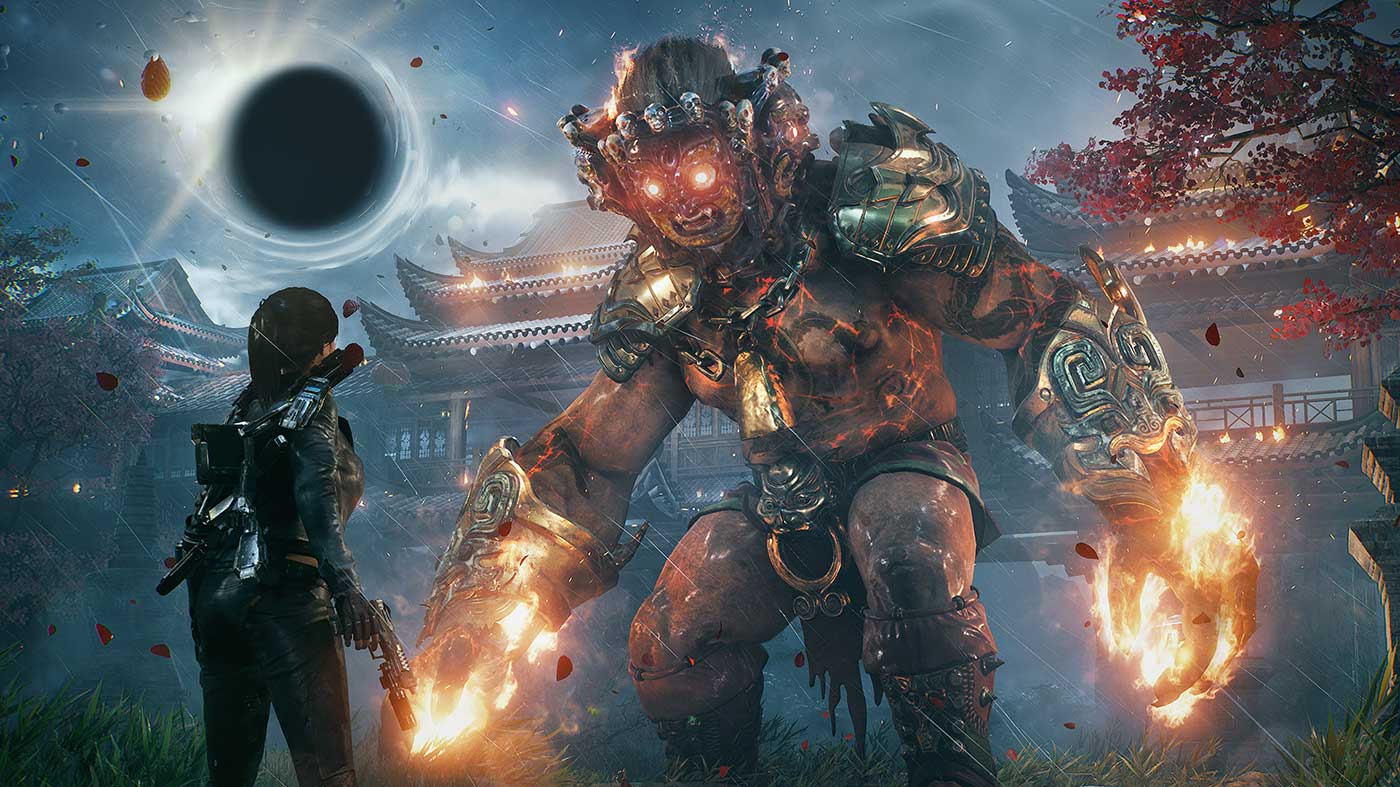
While the punchy, addictive combat is largely intact, save for a few unfortunate subtractions, Bright Memory Infinite seems to miss the mark in other key areas. Its story is bilge, and it struggles with pacing due to its brevity. After the prelude, I didn’t know what to expect from Infinite, but I certainly expected more than this onion bulb of a game—eye-watering and sorely missing the many layers that once made it whole.


